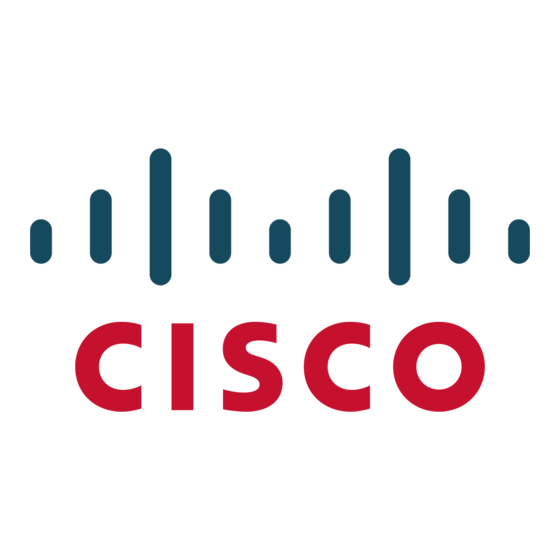47
Settings
Accessibility Explore by Touch Gestures
Gesture
Drag one finger
Single-tap
Double-tap anywhere on the screen
Tap and hold
Swipe up or down using two fingers
Swipe left or right using two fingers
Swipe right using one finger
Swipe left using one finger
Swipe down using one finger
Swipe up using one finger
Swipe down then up using a single motion
Swipe up then down using a single motion
Swipe right then left using a single motion
Swipe left then right using a single motion
Swipe up then right
Swipe up then left
Swipe down then right
Swipe down then left
Swipe right then down
Swipe left then up
Result
Explore your screen and hear audible feedback for what is being touched.
Move the cursor to the selected element.
Open or activate the item that you last touched.
Works as standard tap and hold gesture, but can also be used to unlock a device:
Tap and hold, wait, then swipe to unlock.
Scroll within lists.
Change pages and screens.
Move to the element to the right. This is similar to using the Tab key to move
through form elements on a PC keyboard.
Move to the element to the left. This is similar to using Shift+Tab to move to the
previous form element on a PC keyboard.
Move to the element above.
Move to the element below.
Transition to the next reading level when reading blocks of text, then swipe right to
read forward or left to go back.
Transition to the previous reading level when reading blocks of text, then swipe
right to read forward or left to go back.
Move to the next page.
Move to the previous page.
Open the local context menu.
Activate the Home button.
Open the global context menu.
Activate the Back button.
Open notifications.
Activate the Recent button.
About Explore by Touch
When TalkBack is enabled, you
have the option to use the Explore
by Touch feature. Explore by Touch
allows you to drag your finger slowly
over your screen and describes
each item that your finger touches.
If you slide your finger faster, the
device interprets the sliding as a
gesture.
TalkBack must be turned on for
Explore by Touch to be available.
When you turn on TalkBack for the
first time, you receive a prompt to
turn on Explore by Touch.
If you choose not to turn on Explore
by Touch when you switch on
TalkBack, you can turn it on later: see
"Accessibility Procedures (I)" on
page
45.
Each action that you take with
your finger alerts you with spoken
feedback, as well as sound (if
enabled).
Note Interpretation of these
gestures is specific to TalkBack.
Other accessibility services may
use the same gestures for different
actions.
D1510406 English
User Guide Cisco DX70, Cisco DX80
Produced: November 2014, All Contents © 2014
Cisco Systems, Inc. All Rights Reserved.

